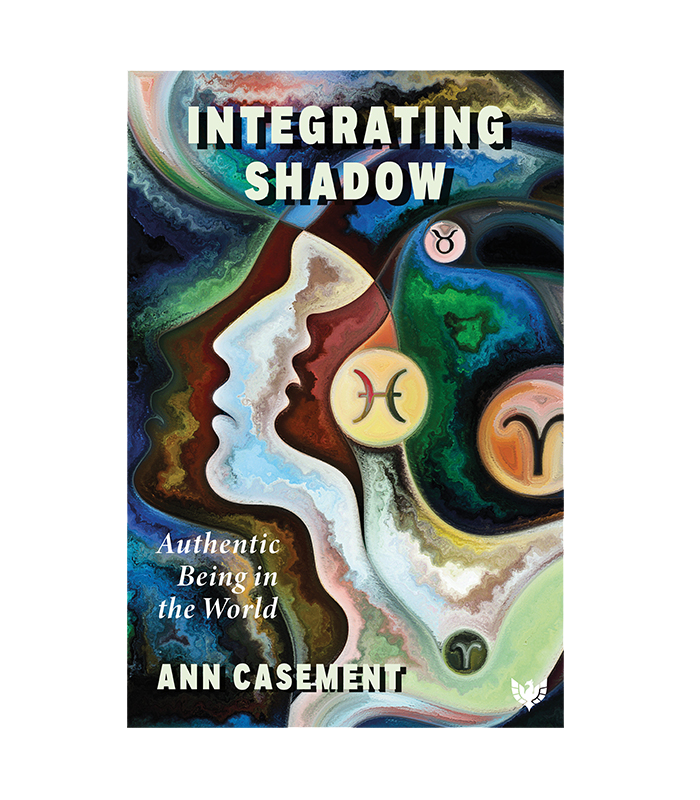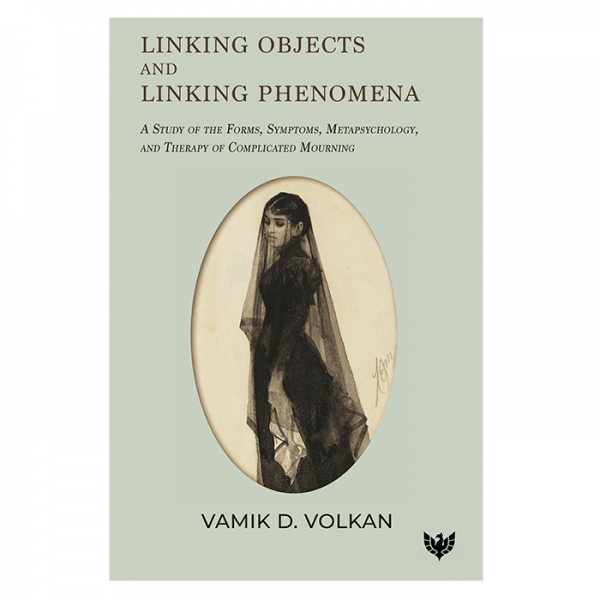Since its inception, the notion of shadow is recognised as one of Jung’s major contributions to the world of psychology. Shadow traits are often unconsciously felt to be threats to our self-image, so we use defence mechanisms, such as repression and denial, to dismiss its existence and place it on to others, either in the personal or collective sphere. Although there exists considerable overlap between the strands, dividing the shadow into three constituent parts, personal, collective, and archetypal, helps to fully explore its impact on the world. The personal shadow is usually viewed as the base, inferior part of personality, although it can also include positive aspects, but it needs to be acknowledged and incorporated to make an individual whole. The collective shadow is found in many dark periods of history: witch hunt trials, religious wars, the Holocaust, and Rwandan genocide to name but a few; in today’s world, it is spread at the speed of light by mass media. The archetypal shadow emanates from the realm of the collective unconscious and may be equated with evil. Alongside shadow is the inextricably linked concept of persona, the outer face that is presented to the world, which is also explored in detail, as well as the role of the shadow in the act of scapegoating and within the professional sphere, and Jung’s links to the social sciences, in particular anthropology and sociology.
Shadow is a theme that Ann Casement returned to many times in her decades-long career, always finding new ways to explore and explain it. Integrating Shadow: Authentic Being in the World brings together these many years of presentations and research to present a multi-layered and rich discourse on the meaning, importance, and consequences of the shadow in all our lives.






Professor Andrew Samuels, author of Jung and the Post-Jungians –
‘Ann Casement was an important figure in post-Jungian analytical psychology. Here, we see her in a teacherly role, writing with great clarity about a concept of Jung’s whose utility has not always fully been recognised. But we also see her original and sometimes courageous mind at work – for example, when she writes about what she calls the “professional shadow” of sexual boundary violations. Her approach to collective shadow themes, such as genocide, is remarkably sensitive and thoughtful.’
Frank N. McMillan III, from the Foreword –
‘Ann Casement … integrated an incisive intellect, deep disciplinary erudition, expertise as to varied clinical techniques, and, in her many professional achievements, leadership roles, and publications, soldered together psychoanalysis, analytical psychology, psychiatry, and neuroscience in an innovative manner that is, in my opinion, heretofore unprecedented. … Casement brilliantly explicates on shadow, constructing a tripartite model addressing personal shadow, collective shadow, and archetypal shadow.’
Katerina Sarafidou, Journal of Analytical Psychology, 2026, 71, 1, 1–3 –
‘Casement’s book is a serious and valuable contribution to contemporary Jungian psychology. It is written with clinical authority and a sense of moral urgency, which manages to convey successfully that the failure to recognize and integrate shadow has devastating consequences, ranging from lost vitality in the individual, to analytic boundary violations to large-scale social violence. Perhaps Casement’s main gift is a reminder that consciousness comes at a cost, and that refusing to pay it endangers both the individual psyche and the collective future.’